Texas A&M–Kingsville Biology Research Labs & Faculty
Explore Our Research Labs
Coming Soon! We are building a visual directory of research labs with brief project summaries and student roles.
Meet Our Research Faculty
Dr. Rudolf Bohm, PhD
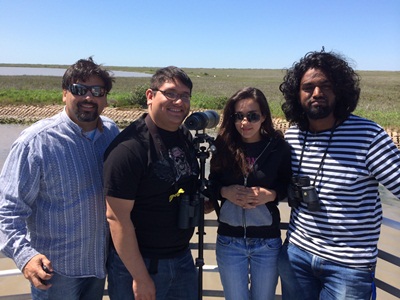
Neuroscience: Studies memory formation using genetically modified Drosophila and courtship behavior to identify brain regions tied to learning.
Dr. Cynthia Galloway, PhD
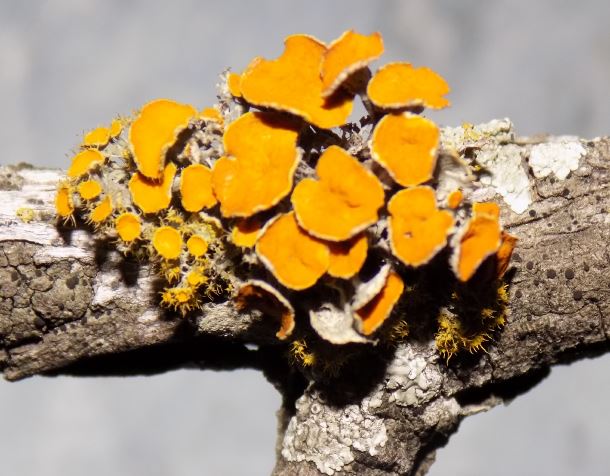
Bryology, Forensic Science: Develops DNA fingerprints from chemically treated prints and maps moss and lichen distributions across Texas.
Dr. Fang He, PhD
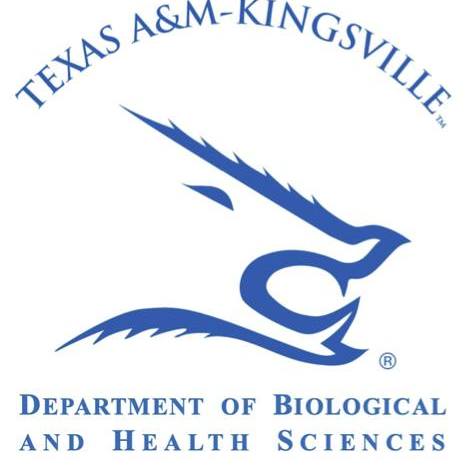
Genetics: Uses fruit flies to study neurodegenerative genetic disorders and identify potential pharmaceutical targets.
Dr. Haeyoung Kim, PhD

Genetics, Neuroscience: Explores how non-dividing cells repair DNA lesions and investigates DNA demethylation in gene regulation.
Dr. Richard Laughlin, PhD
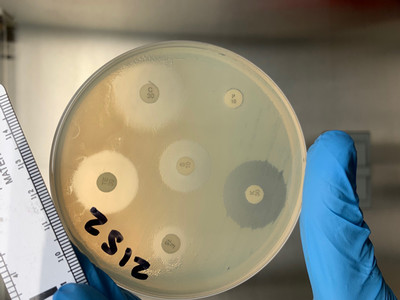
Microbiology, Infectious Disease: Studies zoonotic pathogens like Salmonella, antibiotic-resistant Enterococcus, and SARS-CoV-2 in wildlife.
Dr. Zachary Mitchell, PhD
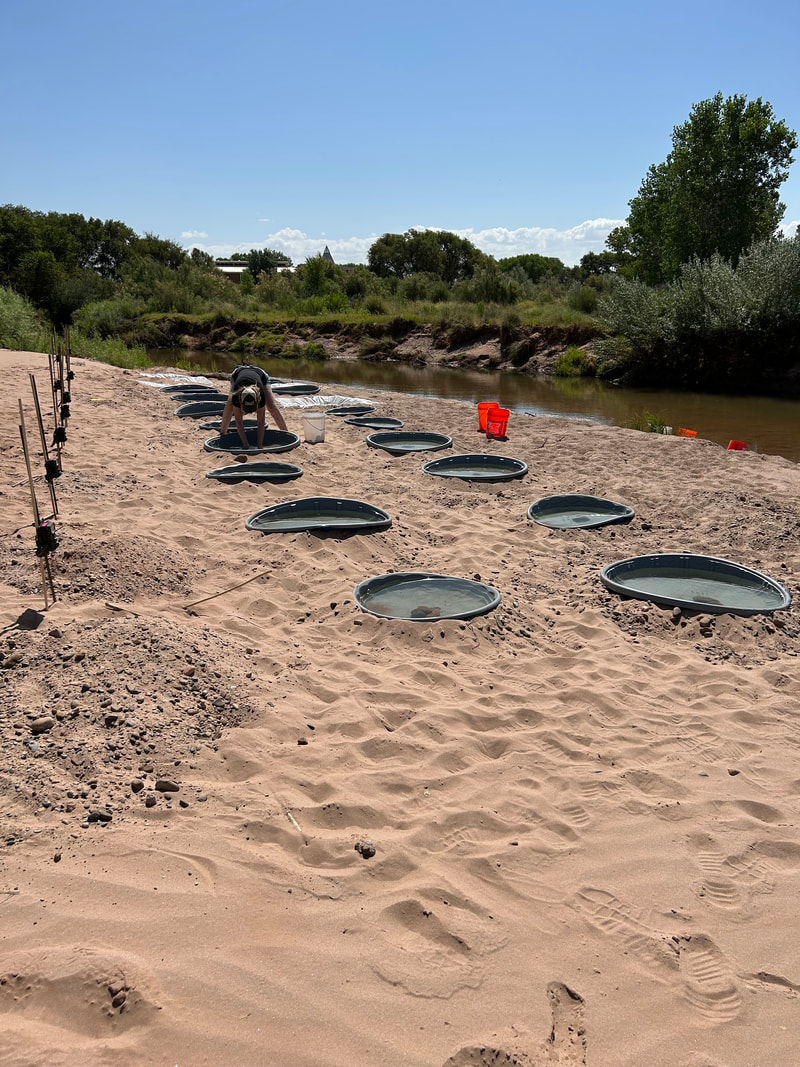
Aquatic Ecology: Researches fishery management, drought impacts, inflow effects, thermal tolerances, and crayfish habitat needs.
Dr. Richard James Wilson Patrock, PhD
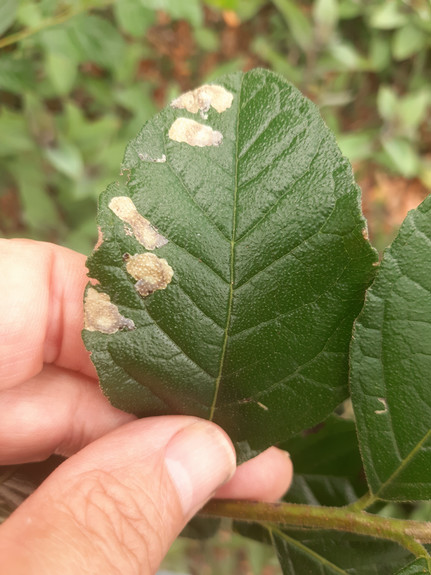
Ecology: Investigates plant-insect interactions related to pollination and parasitism, focusing on the Coastal Bend and global host-plant data.
Dr. Rafael Perez-Ballestero, PhD

Neuroscience, Microbiology, Cancer Biology: Studies optic nerve regeneration in fish and apoptosis mechanisms involving Bcl-2 proteins.
Dr. Emelyn Salazar, PhD

Immunology: Studies how snake venom affects vascular inflammation and the immune response in envenomation models.
Dr. Katheryn Watson, PhD
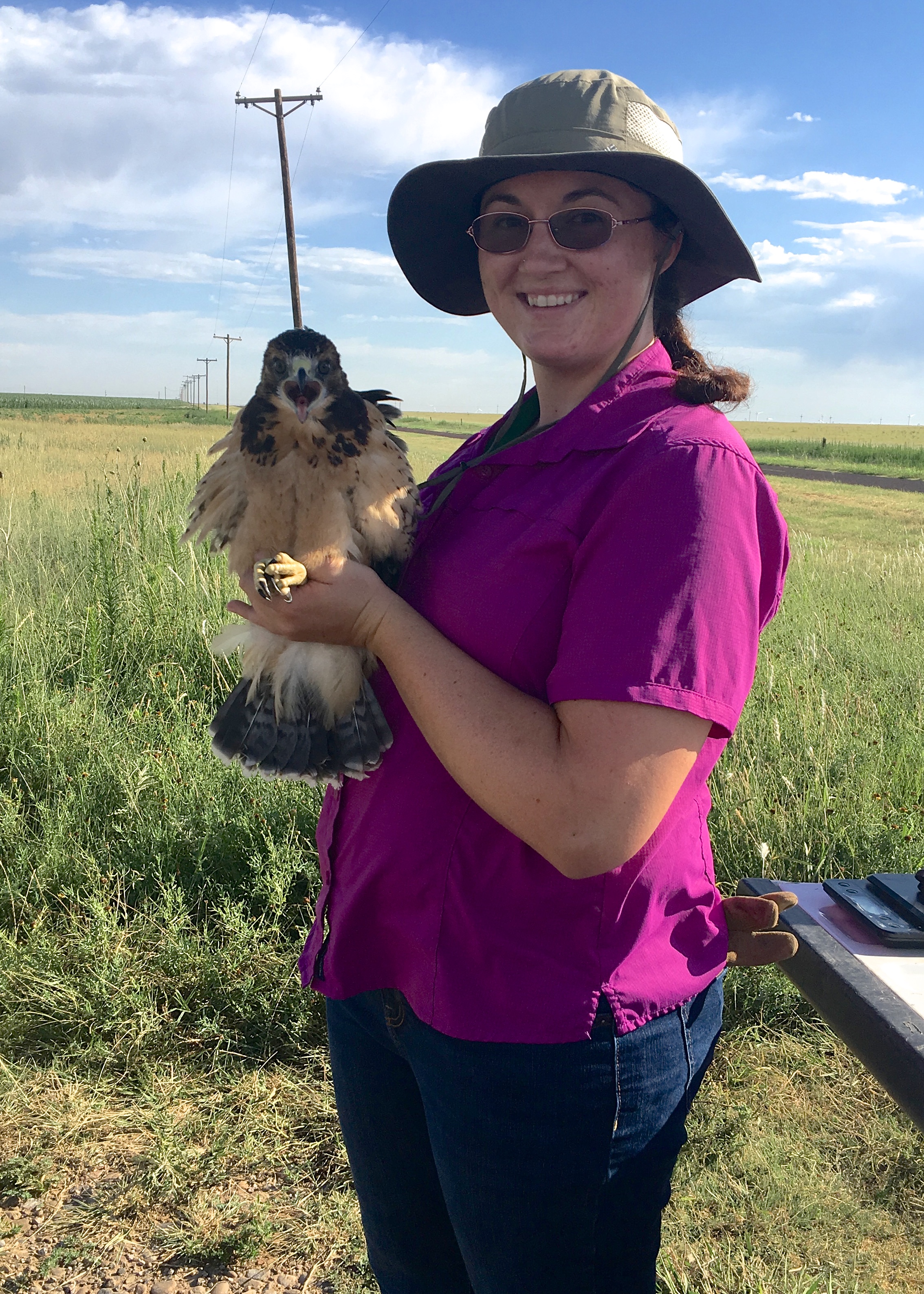
Wildlife Biology, Conservation Ecology: Studies raptor ecology, migration, and habitat use; examines how restoration supports endangered species such as the Whooping Crane, Ocelot, and Aplomado Falcon.
Dr. Chang Sung, PhD

Cancer Biology, Genetics: Investigates promoter methylation technology and therapeutic targets to suppress glioblastoma and other cancer cells.
Dr. Weimin Xi, PhD

Ecology, Infectious Disease: Uses geospatial modeling to study ecosystem and biodiversity changes under climate stress and their ties to human disease.
Ask a Researcher
- How does your lab’s work connect to real-world challenges?
- What breakthroughs are you most excited about?
- How do students contribute to your research?
- What advice do you have for students considering research?
Have a question? Email us.
Get Involved in Research
Undergraduate and graduate students are encouraged to become active members of our research community. Working alongside faculty mentors provides hands-on experience, professional skills, and the opportunity to contribute to meaningful scientific discoveries.
How to Get Started
- Identify a Potential Mentor: Review the faculty profiles above to learn about their research areas. Reach out to professors whose work interests you.
- Confirm Research Opportunities: Discuss project possibilities, expectations, and time commitments with the faculty member.
- Obtain Department Approval: Once a faculty mentor agrees to supervise your work, request approval from the department to enroll in the appropriate research course.
Research Course Options
- Undergraduate
- BIOL 4304 — Research Projects in Biology
- Graduate
- BIOL 5102 — Research Problems I
- BIOL 5202 — Research Problems II
- BIOL 5320 — Research Problems III
